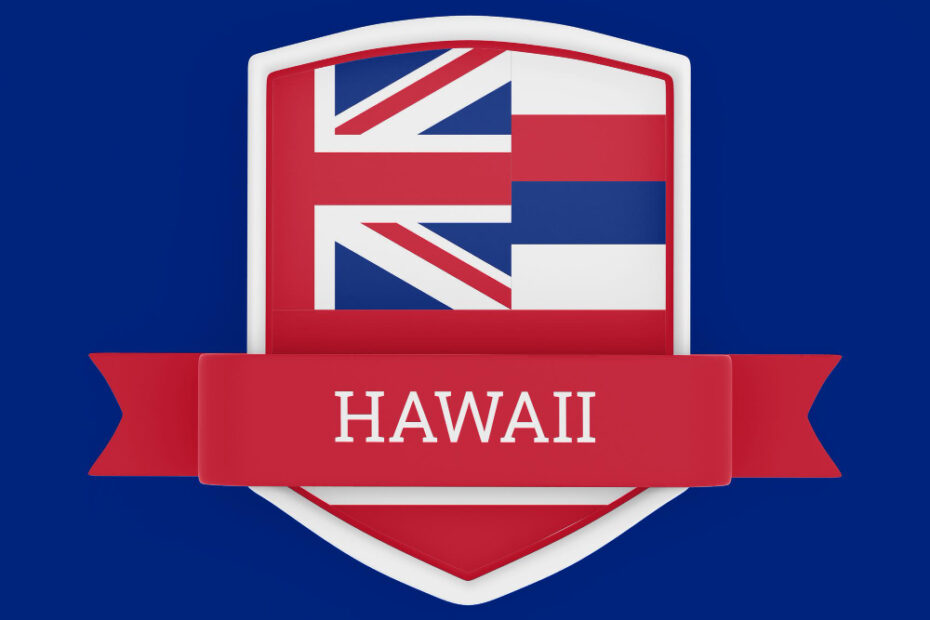Hawaii celebrates a unique variety of public state holidays that are a reflection of its rich diversity and customs, given its specific cultural legacy and historical context. These holidays have a big impact on the lives of the state’s workers at work in addition to celebrating the state’s rich history and cultural identity. These public holidays in Hawaii are not just significant cultural days for individuals who work there; they also frequently result in day off from work, offering chances for relaxation, getting together with family, and taking part in local activities. State laws and regulations govern how these holidays are observed in the workplace. They guarantee that workers receive time off on specified days and take into account factors like pay and work hours for those who must work.
2024 Hawaii State Holidays
- Monday, Jan 01, 2024: New Year’s Day
- Monday, Jan 15, 2024: Martin Luther King Jr. Day
- Monday, Feb 19, 2024: Presidents Day
- Tuesday, Mar 26, 2024: Prince Kuhio Day
- Friday, Mar 29, 2024: Good Friday
- Monday, May 27, 2024: Memorial Day
- Tuesday, Jun 11, 2024: King Kamehameha I Day
- Thursday, Jul 04, 2024: Independence Day
- Friday, Aug 16, 2024: Statehood Day
- Monday, Sep 02, 2024: Labor Day
- Monday, Nov 11, 2024: Veterans Day
- Thursday, Nov 28, 2024: Thanksgiving Day
- Wednesday, Dec 25, 2024: Christmas Day
The Importance of Hawaii State Holidays
The importance of Hawaii’s state holidays lies in their reflection of the state’s unique cultural heritage and historical events. These holidays serve several significant purposes:
Hawaii History Background
Hawaii boasts a rich and varied cultural past that ought to be acknowledged and preserved. Hawaii’s citizens are encouraged to feel a feeling of continuity and pride by celebrating the lives and contributions of significant historical personalities with holidays such as Prince Kuhio Day and King Kamehameha I Day. In particular, they support the younger generations in preserving and promoting the history, customs, and culture of Hawaii.
Paying Tribute to Historical Occasions: Hawaii’s admission as the 50th state of the union is commemorated on Statehood Day. On these occasions, one can pause to consider the history of the state and the major turning points that have influenced it.
Hawaii’s state holidays provide educational opportunities, particularly for kids, to learn about the state’s history, culture, and notable citizens’ contributions. Understanding the state’s place in the larger national context and safeguarding its distinctive legacy depend heavily on this education.
Community and Unity
These holidays often involve community events, parades, festivals, and ceremonies, fostering a sense of community and unity among residents. They are a time for people to come together, celebrate, and strengthen communal bonds.
Due to the fact that many of these vacations draw tourists eager to take part in Hawaii’s distinctive customs and celebrations, they enhance local tourism. Businesses and the community at large benefit from this influx, which significantly boosts the local economy.
Holidays like Martin Luther King Jr. Day, though nationally recognized, hold particular significance in Hawaii, reflecting the state’s commitment to values such as equality, justice, and respect for diversity.
Hawaii’s state holidays, like other public holidays, offer locals a chance to unwind, take a break from work, and engage in introspection and rest. They provide an opportunity to escape the daily grind and spend quality time with loved ones.
In summary, Hawaii public state holidays offer a combination of cultural, historical, educational, economic, and social value, making them more than just days off from work. They are an essential component of the state’s identity. They are essential to the preservation of Hawaii’s distinctive history and to the future development and cohesion of the state.
